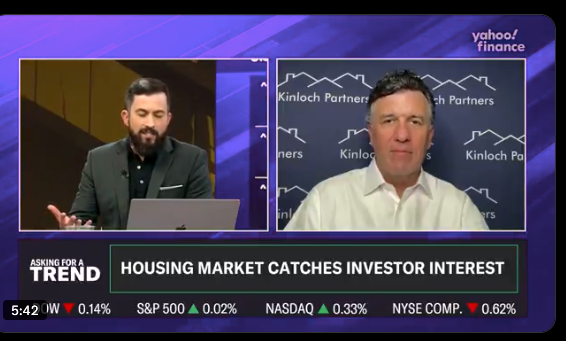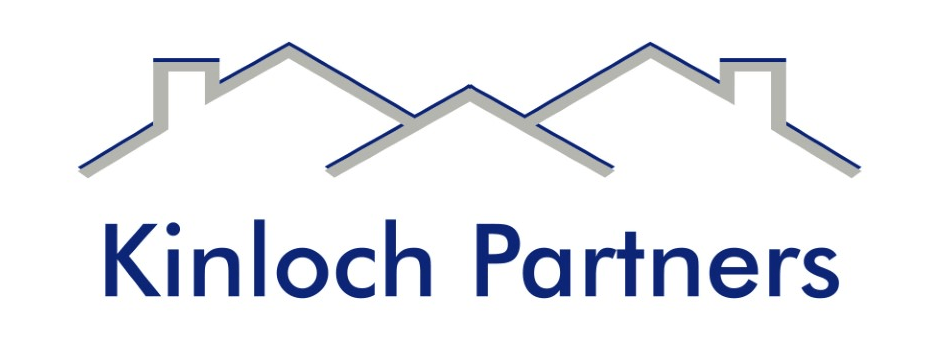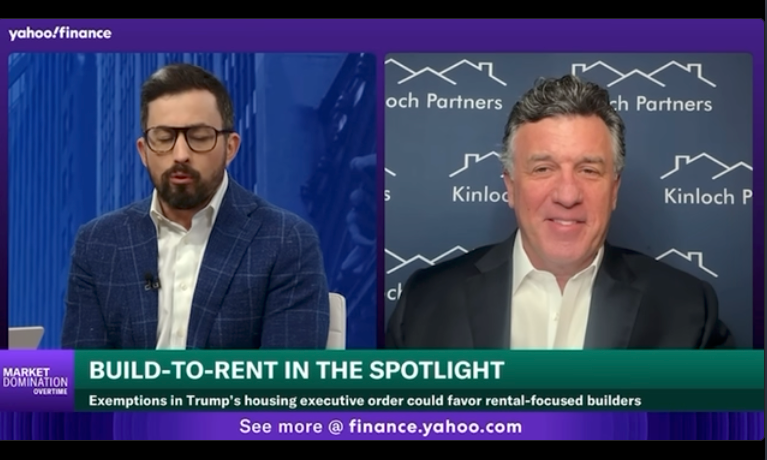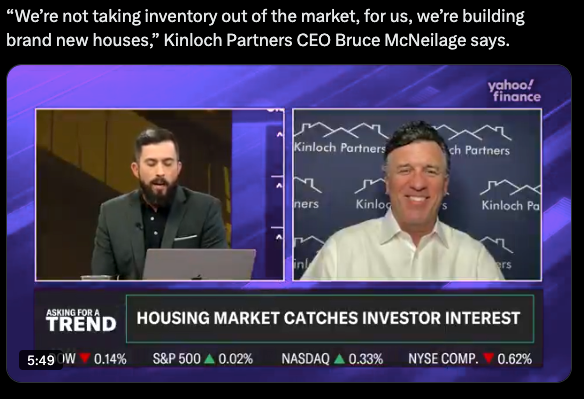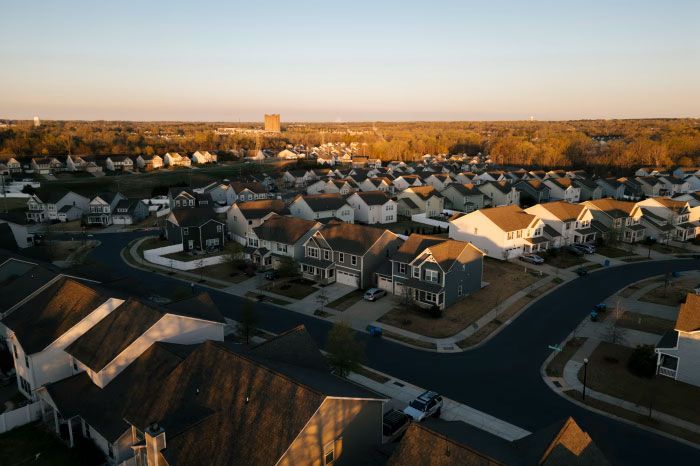Man aspires to preserve the American Dream during affordable housing crisis
Original post: https://fox17.com/news/local/man-aspires-to-preserve-the-american-dream-during-affordable-housing-crisis
FAIRVIEW, Tenn. (WZTV) — While Nashville booms and more high rises go up, finding an affordable place to live in Nashville and its suburbs is kind of like traffic, a problem that’s not going away anytime soon. FOX 17’s Stacy Case got an up-close look at an unorthodox approach to put roofs over heads and the Midstate man determined to keep the American Dream alive.
Renter Eddie Baida moved here a month ago from Miami for a better life for his family.
“I was getting a little bit desperate. We couldn’t find a house,” Baida said. “We stayed at our friend’s house for a month trying to find a house.”
The middle of the road price for a home in the US is about $275,000, but in Nashville it’s $359,000.
“Homeownership has been declining for six decades and if we don’t fix this, in my opinion, it’s going to be the greatest societal failure of our generation,” Bruce McNeilage of Kinloch Partners said.
The Wall Street Journal has twice featured Brentwood’s McNeilage for one reason. Not because he’s building glitzy condos in the “IT” city, but because he’s not.
McNeilage is on a one man mission, in a race against time, to bring back the American Dream. The development FOX 17 News visited is Fairview Station. It’s an example of one of the unconventional models McNeilage uses to get the middle class back into buying. Tenants like Baida rent to evenutally own.
“I don’t want to collect houses like baseball cards. My job is to take the training wheels off for some of these people,” McNeilage said.
So, McNeilage helps them along the way by selling the homes under appraised value and helping pay some of the closing costs. Baida said in a couple of years, he thinks he will be ready to go from renting to buying.
McNeilage is already replicating this in cities across four states with similar affordable housing issues, because he says there are really no houses or condominiums that people like first responders, nurses and teachers can afford.
Solo East in East Nashville is another unorthodox affordable housing model. McNeilage let potential buyers put down just a $500 down payment. At closing that translated into $30 to $40 thousand in equity. His company had to rent out part of Nissan Stadium to handle the crowds. He sums it up this way, “I don’t really do things that are fancy like The Gulch or million dollar condos. That’s what other people do. I’m on the other side of the tracks and I, quite frankly, don’t know anybody else who is.”
McNeilage believes he is proving there’s money to be made there if your passion is in the middle class niche.
How is McNeilage able to do this you ask? Well, the shortage of affordable homes has piqued Wall Street’s interest. Large real estate hedge funds are standing at the ready to buy up homes like McNeilage’s giving him a way out if they don’t sell. He says he hopes others will follow his lead, but land availability is the biggest hurdle right now.
